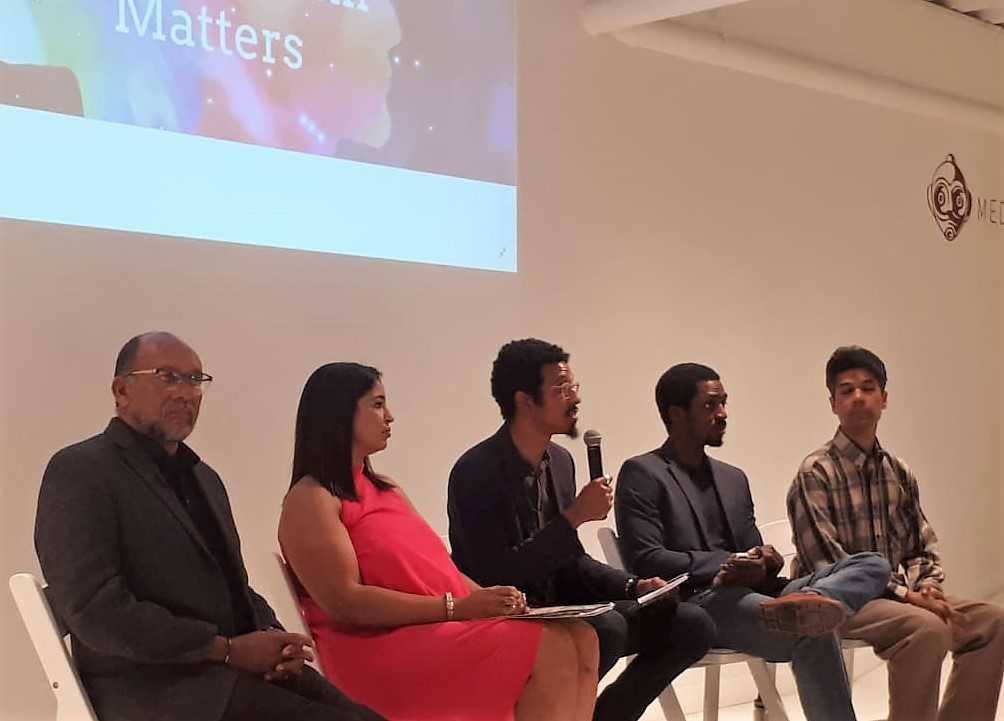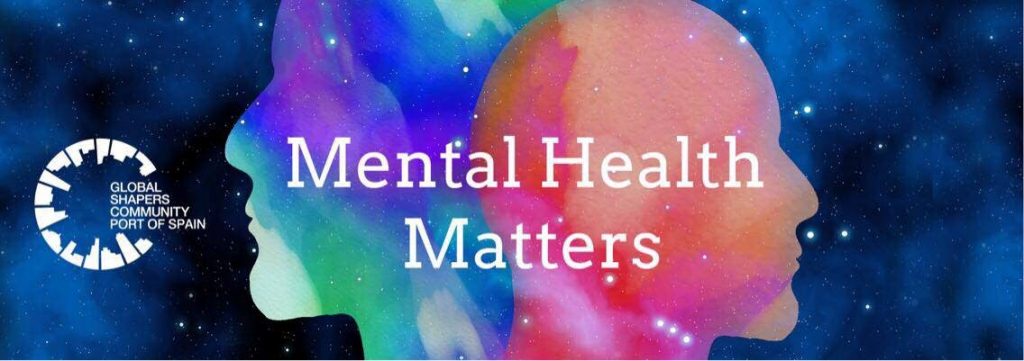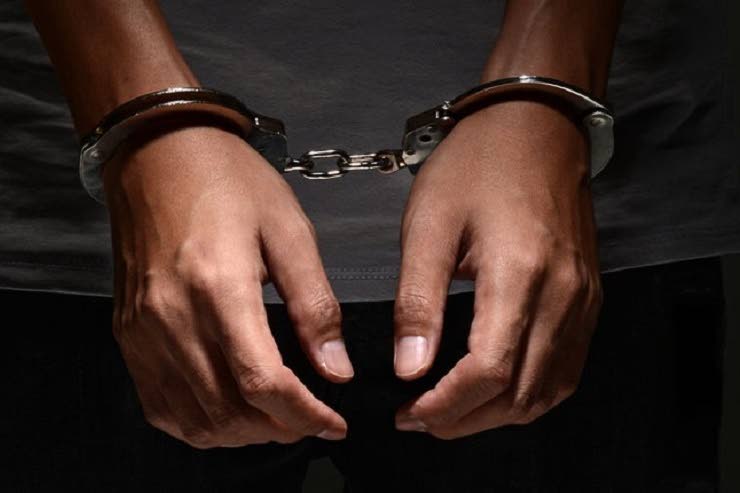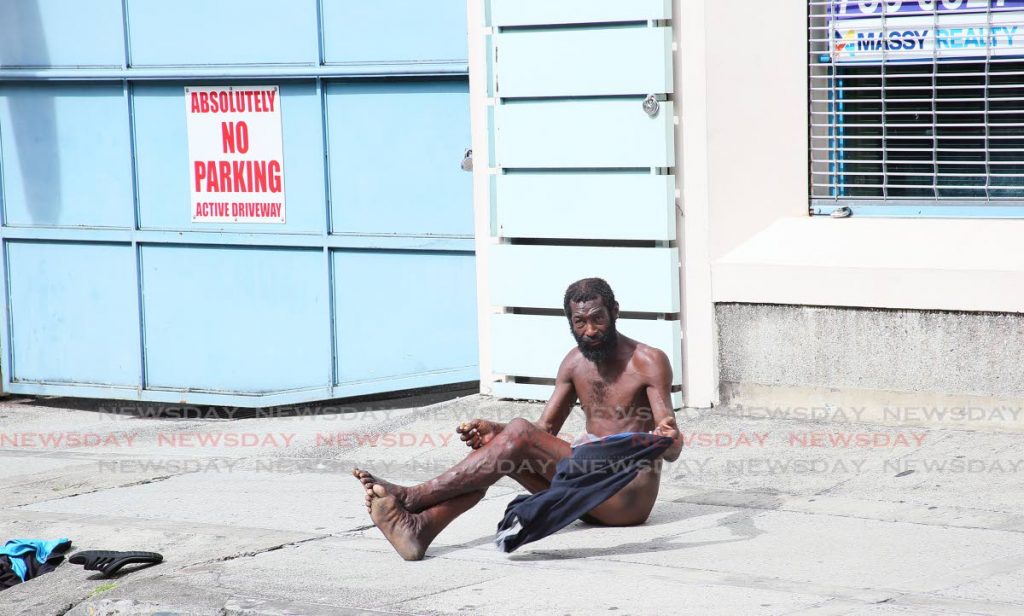Trauma linked to poor male mental health

CLINICAL psychologist Sachelle Le Gall-Singh says, “The primary emotions have a lot to do with anger, sadness, and a lot of that is what we know.
“But it is important to tap into secondary emotions such as shame, vulnerability and disgust. We need to be able to connect to how we get stuck, and not able to work through these secondary emotions, which cause trauma, which may become generational within families.”
This trauma, psychologists believe results in poor mental health in men, which if not addressed, will be perpetuated within the region.
Le Gall-Singh was speaking at Mental Health Matters, a presentation and panel discussion on issues of mental health and masculinity in the Caribbean.
Hosted by Global Shapers Community Port of Spain in collaboration with the British High Commission and the 2 Cents Movement, it was held at Medulla Art Gallery, Woodbrook, on Saturday. It facilitated a wide-ranging discussion on how issues surrounding mental health and attitudes on masculinity affect not only the mental health of men, but their families and communities– and how this is passed on from one generation to another.

Panellists, consultant community and clinical psychologist Dr Peter Weller said while there are men who are in positions to make a great difference, they are not trained to provide proper emotional and psychological training and support to help children. He said this is an issue within the region which has been continually ignored.
“If as a boy you are taught not to show emotion, except anger and aggression, you then become an adolescent and become exposed to even more stimulation. Because of social media, they are getting many more messages – the messages from parents, church and school – but under stress, they are likely to do what they are initially taught.”
Weller says under pressure most men return to “thoughtless behaviour,” instead of being purposeful and mindful in how they respond to situations and recognising that in each situation they have a choice to respond in a way that is not aggressive.
Lecturer at the Institute of International Relations at UWI, St Augustine, Dr Keron Niles said, “I was bullied, and I have bullied.”
He said being weak, appearing weak or not having the required aggression to defend oneself is a recipe for a disaster as a student.
“Sometimes people see aggression as a form of survival. In some communities in TT, aggression is a utility for survival. We have to address that by looking within other socio-economic brackets.”
He said he remembered being teased by children at high school who implied he should have been sexually active with female friends – making reference to the pressure young men undergo when a male’s masculinity is aligned with his sexual prowess and assertiveness.

Le Gall-Singh supported this, saying she has come across instances where young boys are coerced by female relatives to carry out sexual acts or actions. This was seen by many as a rite of passage for young men, she said, but instead left many in a place of confusion and pent-up anger, because they felt inside that it was inappropriate but could not express their unease for fear of ridicule.
All four panellists agreed that the treatment of mental health for men differs from one space to another owing to diversity between countries, communities and ethnicities.
Le Gall-Singh said, “I see it in practice, where clients of different ethnicities and their parents, when they come in, have varying expectations of their boys. Sometimes they get angry with me, asking why I am telling their sons to talk about their feelings, saying they will be bullied.”
She said the issue is not victimhood, it is about helping to change the idea of power.
Nor is it only about men having new models: much of the change starts with how women are socialised to see the men in their lives, and their willingness to check a lot of their own biases on masculinity.
Weller said within the region, the extent to which men are traumatised is not understood. He defined trauma as anything that causes a great amount of stress because it challenges a belief system or causes pain or hurt.
“Many young men have to stuff (down) their feelings of discomfort and have to pretend that some things are good.
“What is changing is that young men express that they felt shame and guilt when approached sexually by older women.” He said men are now more willing to acknowledge the emotional impact of events in their lives, but it is now also important that they accept that they have been traumatised.
Le Gall-Singh discussed men who struggle with their sexual identity as another cause of mental health challenges.
“There are single and married men who really struggle with this issue. It gets to a point where there is a lot of misplaced shame and internalised anger with self.”
This, she said, affects how they interact with their partners and others in their lives, because they experience shame and anger at betraying the people they share their lives with, as well as themselves.
UWI history lecturer Dr Jerome Teelucksingh made the connection between men being mentally challenged, homelessness, and the court system.
“I have spoken to five homeless men, and one who was unemployed. The unemployed man said he had a domestic problem and went to the courts.”
He said the trend is for the court to favour women, resulting in men being removed from their homes.
“The woman went to the court, she asked for a divorce. He has to pay money, he has no job – so he eventually ended up on the street.”
He said other street dwellers shared experiences of the court system, recounting a conversation between himself and another man who said he would kill his wife or himself if his wife goes to court, out of fear of losing everything, including his children.

PHOTO BY AZLAN MOHAMMED
He also spoke of the necessity of facilities in communities in every socio-economic bracket being available for men to seek therapy, and a space in which they can share experiences openly without judgment and feeling their masculinity is being compromised.
One measure being implemented to assist men in developing and maintaining good mental health is the Caribbean Male Action Network (CariMAN www.cariman.org). Weller, a co-founder of the NGO, said its purpose is “to engage Caribbean men and to partner with women in the examination of existing beliefs and norms, the promotion of respect for diversity and the development of new paradigms and competencies, thus creating opportunities to negotiate new relationships in order to achieve gender justice, social harmony and peaceful partnerships.”


Comments
"Trauma linked to poor male mental health"